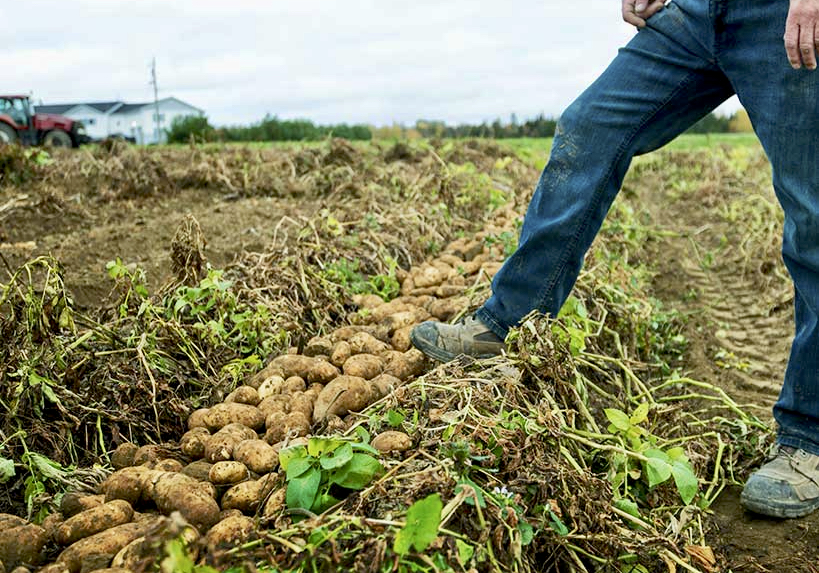Government bills, driver education and Hydro One payments top Ontario Federation of Agriculture resolutions

Ontario farmers say they should be compensated for the expense and inconvenience of having power lines on their land.
Read Also


Global food yields have grown steadily during last six decades
A comprehensive study of worldwide food production finds yields have continued to grow at roughly the same rate since the 1960s, contrary to widespread concerns that global crop yields have stagnated in recent decades.
At the Ontario Federation of Agriculture annual meeting in November, a resolution by Chatham-Kent’s Bob Kerr and Bill Parks got 83 per cent support. It asks OFA to lobby to have Hydro One Networks Inc. provide annual compensation for private landowners who have power lines crossing their land.
Kerr said Hydro One now pays for the easement and calculates the theoretical potential profit for land value before and after operation disruptions, crop costs and ongoing impact injury for six years.
“This injury continues, not just for six years, but potentially for the whole life of the easement, maybe it’s 100 years,” he said. “How do you anticipate those costs and recognize that all up front?”
Given Hydro One’s ability to expropriate land, he said annual expenses caused by the easement on previously unobstructed land, such as internal headlands, labour increases and productivity impacts, should be considered and compensated annually.
He said Ontario utilities such as wellheads, wind and solar tech farms and cell towers, which do not have expropriation powers, pay annual compensation to landowners.
Kerr was affected by Hydro One’s Chatham to Lakeshore line expansion. He said Alberta’s ATCO Electric set a precedent by paying annual compensation in addition to initial compensation.
“If you look at their program and (noting land value differences) translate it to Ontario, that value would be around $7,000 per dollar,” he said. “There’s four more (new power lines) being planned in the area southwest of London, so it’s a matter of economic justice for farmland owners.”
Comments from the floor were overwhelmingly supportive. Some said the resolution is forward-thinking for next-generation landowners while supporting current ones who host hydro towers without compensation despite ongoing productivity costs.
In other business, Abbey Taylor of Elgin County spoke to a resolution calling for the OFA to provide consistent updates and information on the impacts of Bill C-293, the Pandemic Prevention and Preparedness Act, particularly section L, which she said has vague references to animal agriculture.
If passed the bill would give government officials arbitrary discretionary power to close agriculture facilities without clear criteria, and Taylor said that could abruptly alter livestock operations.
“If (the government) believe there’s a pandemic risk, they could regulate or even phase out large-scale livestock agriculture,” said Taylor. “That would be a scary power for government to have, and there’s little agricultural representation at that level.”
With the bill already on its way, Taylor said it is necessary to stay informed about its implications. The membership agreed, with 96 per cent support.
Other resolutions dealt with adding to the noxious weed list and with slow-moving vehicle education.
A resolution to lobby municipalities and the province to revoke disposal site permits not used for five consecutive years passed with 57 per cent support. A resolution to incorporate slow-moving vehicle education into the new driver curriculum received near unanimous support.
Source: Farmtario.com

